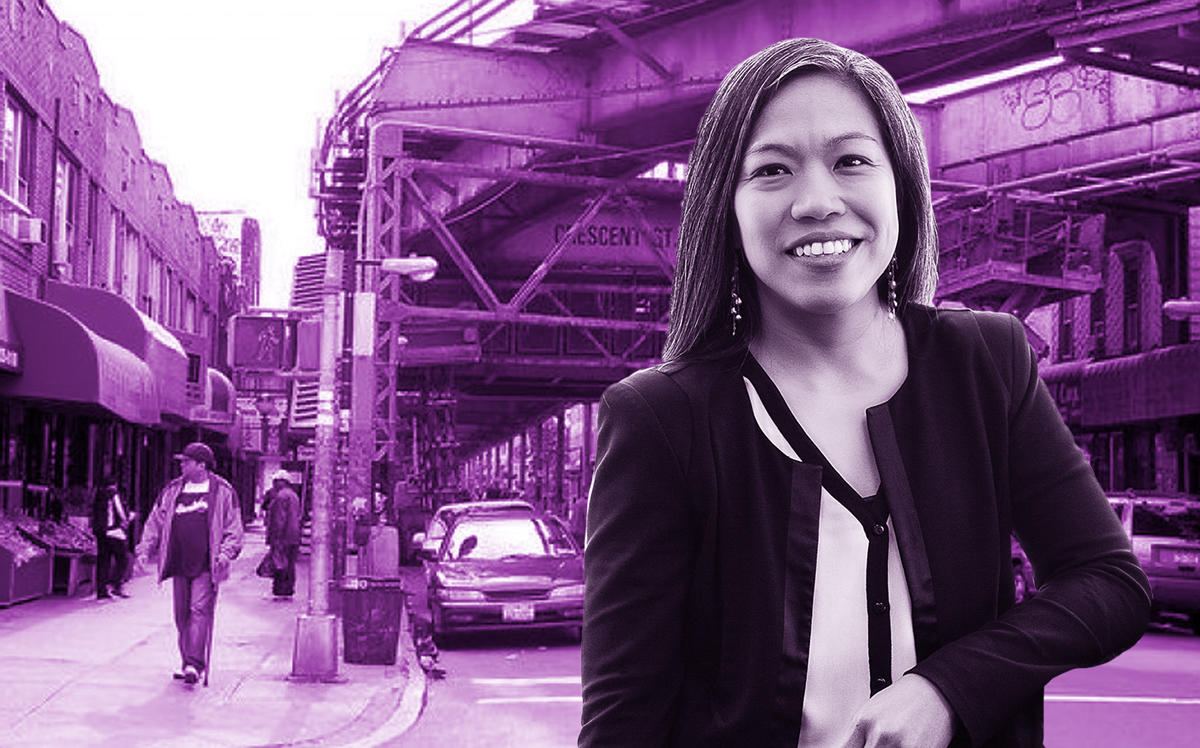The city is launching a $7.5 million fund to help nonprofit organizations buy rent-stabilized apartment buildings.
Through the fund, the Department of Housing Preservation and Development will provide low-interest loans to certain nonprofits to put a down payment on rent stabilized or unregulated apartment buildings. Wells Fargo and the Community Preservation Corporation each committed $2 million to the fund, alongside $3.5 million in city funds previously dedicated to purchasing distressed multifamily notes, HPD representatives told The Real Deal.
The financing is part of the city’s new Neighborhood Pillars Program, an initiative started as part of Mayor Bill de Blasio’s Housing New York 2.0, which seeks to preserve or build 300,000 affordable homes by 2026. The fund also complements other city efforts to curb what officials deem predatory investing. In October, HPD published its first “Speculation Watch List,” a roundup of recently sold rent-regulated properties that have a capitalization rate below the median cap rate for their respective boroughs. Tenants of such buildings, according to the city, might be particularly vulnerable to harassment. Several landlords took issue with the list’s methodology at the time.
In exchange for the lower interest financing from the new fund, buyers must keep at least 30 percent of the building’s units permanently affordable and a minimum 20 percent dedicated to formerly homeless individuals, according to HPD.
For apartments where average rents are 50 percent of the area median income, HPD will provide up to $180,000 per unit; for average rents between 50 and 60 percent; AMI, up to $155,000; between 60 and 70 percent AMI, $130,000; and more than 70 percent, up to $110,000.
Martin Sunquist, executive director of the Wells Fargo Foundation Housing Foundation, noted that in recent years, while the rest of the market picked up, affordable housing inventory continued to dwindle.
“There’s really been this uneven recovery,” he said. “Pillars, from my view point, helps address both those issues.”
The program is targeted at nonprofits and religious organizations. Earlier this year, the city released a list of qualified buyers, who will be able to participate in Neighborhood Pillars, which included Banana Kelly, the Doe Fund, the Mutual Housing Association of New York and IMPAACT Brooklyn. At the time, HPD identified developers as well who qualify for other HPD preservation opportunities, including Omni New York, Procida Development, Related Companies’ affordable housing arm, Hudson Companies and Camber Property Group.
Through Neighborhood Pillars, HPD plans to help acquire and preserve roughly 7,500 homes in the next eight years.
Correction: An earlier version of this story incorrectly included developers as qualified buyers for the Neighborhood Pillars program. They are qualified buyers for other HPD programs, but only non-profits are eligible for Neighborhood Pillars.
